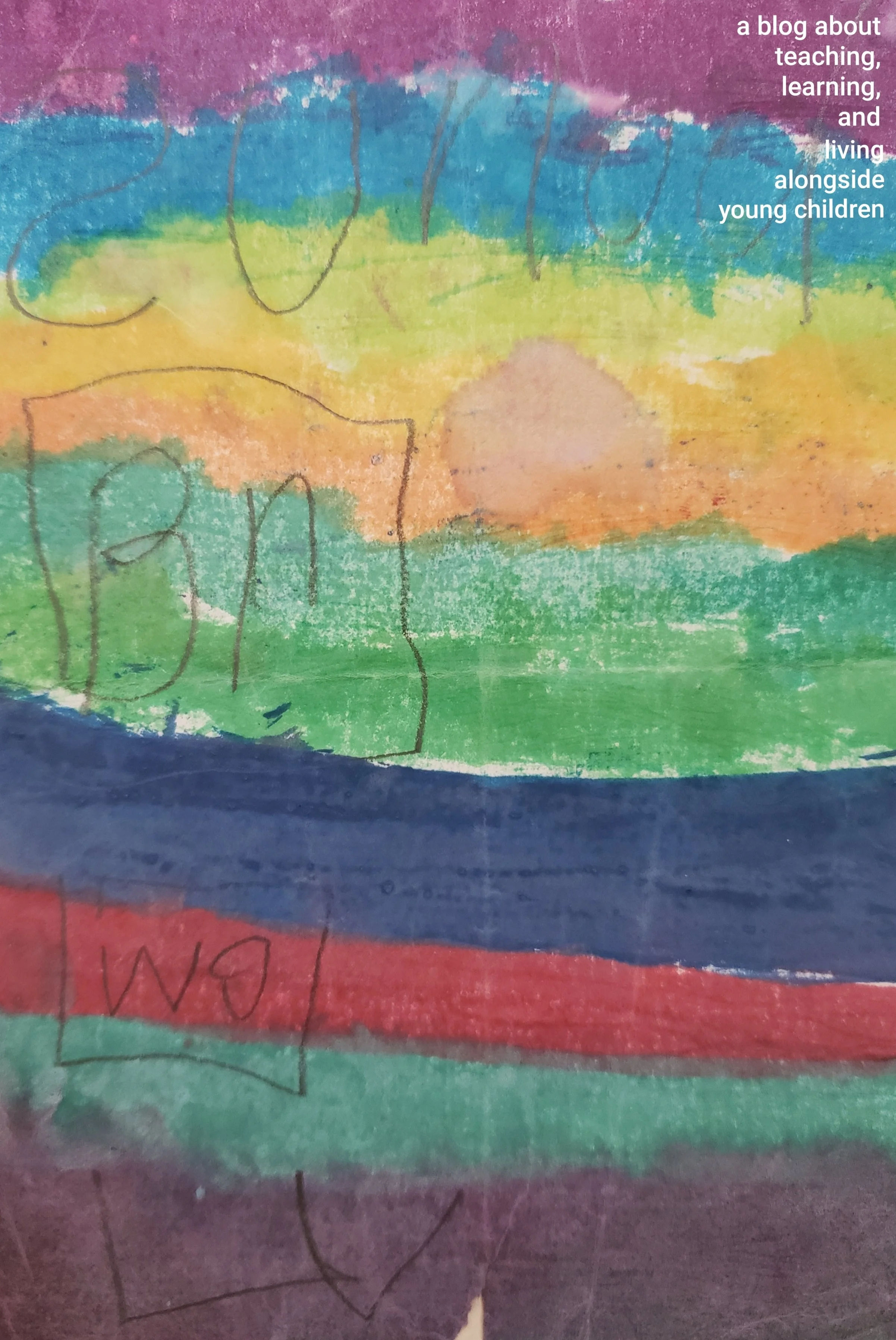Reggio Emilia And The Art Of School
/“…As educators, we design environments and experiences. We use tools and materials. We hope to provoke new ways of knowing in children, families, and in ourselves. These are the mosaic-like pieces of our project. School itself is our large-scale medium for artistic, political, and philosophical progress. And it’s a group effort…”
Read More









